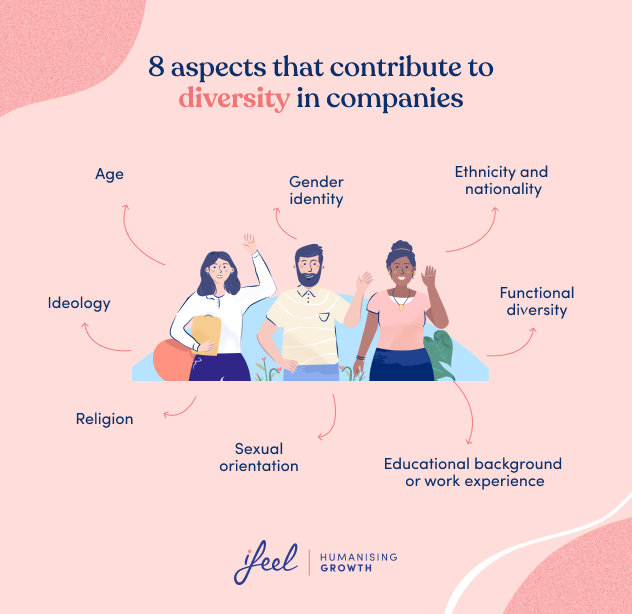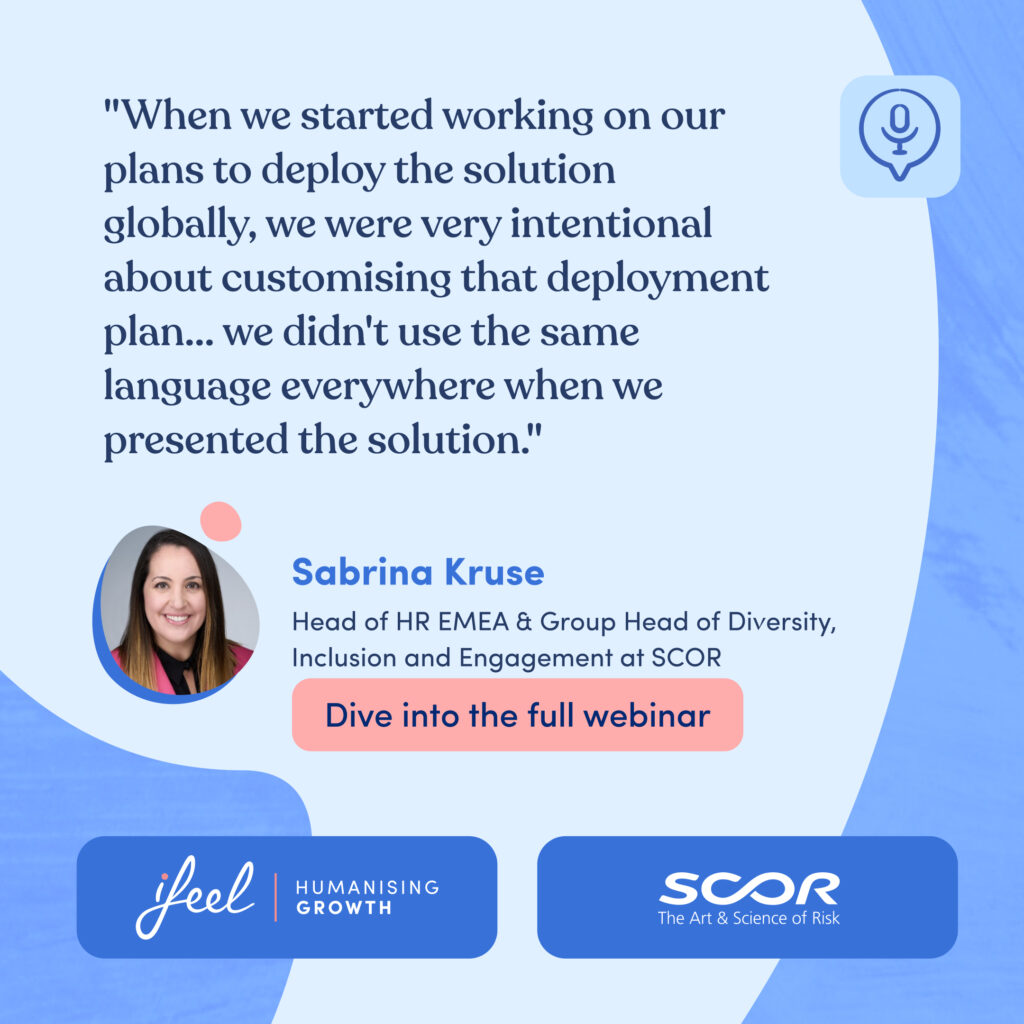Age discrimination in the UK is a pervasive issue, impacting both older and younger workers. As enterprises strive to create equitable workplaces, understanding and addressing age discrimination is essential to promoting a culture of respect and opportunity for all employees.
What specific actions are decision-makers willing to take to effectively combat age discrimination and ensure a truly inclusive environment for all age groups within their organisations?
Understanding age discrimination
Age discrimination refers to treating someone unfairly because of their age. This can manifest in various ways, from hiring practices to workplace policies that disadvantage certain age groups. Common forms include:
| Form of Discrimination | Common manifestations |
|---|---|
| Hiring Bias | Preference for younger candidates |
| Promotion Barriers | Limited advancement for younger employees |
| Stereotyping | Assumptions about skills based on age |
The Equality Act 2010 protects against age discrimination in the UK, yet many employees still face challenges. By understanding these issues, enterprises can implement strategies to mitigate age discrimination and foster a more inclusive environment.
In conclusion, recognising the various forms of age discrimination is the first step towards creating a fair and inclusive workplace. By addressing these biases, companies can ensure that all employees are evaluated based on their abilities and contributions.

Older workers and age discrimination
Older workers increasingly face age discrimination, particularly as workplaces emphasise digital skills often associated with younger employees. Many feel left behind, experiencing exclusion from technology-focused training and career advancement opportunities. Stereotypes about older workers being less adaptable further marginalize them, affecting morale and productivity.
Organisations must address these challenges by integrating older workers into the evolving workplace. This involves offering tailored training to bridge the digital divide and fostering an inclusive culture that values experience. Intergenerational mentorship programs can facilitate collaboration and knowledge exchange, benefiting both younger and older employees.
By committing to inclusivity and recognising the unique contributions of older workers, enterprises can harness a diverse range of talents, ensuring all employees feel valued and empowered.
The impact of age discrimination in the UK
Age discrimination in the UK not only affects individuals but also has broader implications for organisations. The impact includes:
- Reduced morale: Employees who experience age discrimination often feel undervalued and demotivated.
- Talent loss: Companies risk losing skilled workers who seek more inclusive environments.
- Negative reputation: Organisations known for age discrimination may struggle to attract diverse talent.
Recent studies highlight that age discrimination in the UK is prevalent, with many older workers reporting difficulties in securing employment or advancing in their careers. This is particularly concerning as the UK workforce ages, with a significant portion of the population over 50 years old. Younger workers, too, face challenges as they are often perceived as inexperienced, limiting their opportunities for growth.
Addressing age discrimination is crucial for maintaining a motivated and engaged workforce. By promoting diversity and inclusion, companies can enhance their reputation and attract top talent from all age groups.
The consequences of age discrimination extend beyond individual experiences, affecting organisational success and reputation. By tackling these issues, companies can create a more harmonious and productive work environment.
Strategies to combat age discrimination in the UK
Enterprises can implement several strategies to address age discrimination in the UK and promote inclusivity:
1. Inclusive hiring practices:
- Use blind recruitment techniques to focus on skills rather than age.
- Ensure job descriptions are free from age-related language.
2. Diverse training and development:
- Offer training programs that cater to all age groups.
- Encourage mentorship opportunities between different generations.
3. Policy review and implementation:
- Regularly review workplace policies to ensure they do not inadvertently disadvantage any age group.
- Promote a culture of respect and understanding through diversity training.
By adopting these strategies, enterprises can effectively combat age discrimination in the UK and foster a more inclusive workplace. This proactive approach not only benefits employees but also contributes to the organisation’s overall success.

How ifeel’s latest DEIB guide can help you
To further support enterprises in addressing age discrimination in the UK, the Guide to Embedding a DEIB Strategy in Your Corporate Culture is an invaluable resource. This guide provides comprehensive strategies to integrate diversity, equity, inclusion, and belonging (DEIB) into your corporate culture, helping to eliminate biases and foster a more inclusive environment.
Download the guide to learn how you can transform your organization and ensure all employees, regardless of age, feel valued and included. Access the resource here.
The Leadership Lens🔎
Leaders play a crucial role in addressing age discrimination in the UK and fostering a culture of inclusivity. Key actions include:
– Empower teams: Provide resources and support for employees to challenge age discrimination.
– Model inclusive behavior: Demonstrate respect and appreciation for employees of all ages.
– Facilitate open dialogue: Encourage conversations about age diversity and inclusion.
Unlocking teams’ potential
Addressing age discrimination in the UK is vital for creating a fair and inclusive workplace. By implementing comprehensive strategies and fostering a culture of respect, enterprises can ensure that all employees are evaluated based on their abilities and contributions.
To support companies in this process, our team of expert workplace well-being psychologists has created a mental well-being solution for businesses that improves talent retention, reduces presenteeism, and combats employee stress.
With our mental well-being solution, your company’s HR managers can receive personalised, data-driven advice on improving mental health at work. In addition, this solution offers employees a 360° mental well-being service structured at different levels according to their needs. Try our solution now to see how it could help you.
We hope you found this article on human resources strategies interesting. If you would like more information about our mental well-being solution for enterprises, simply request it and we will get in touch with your team as soon as possible.











